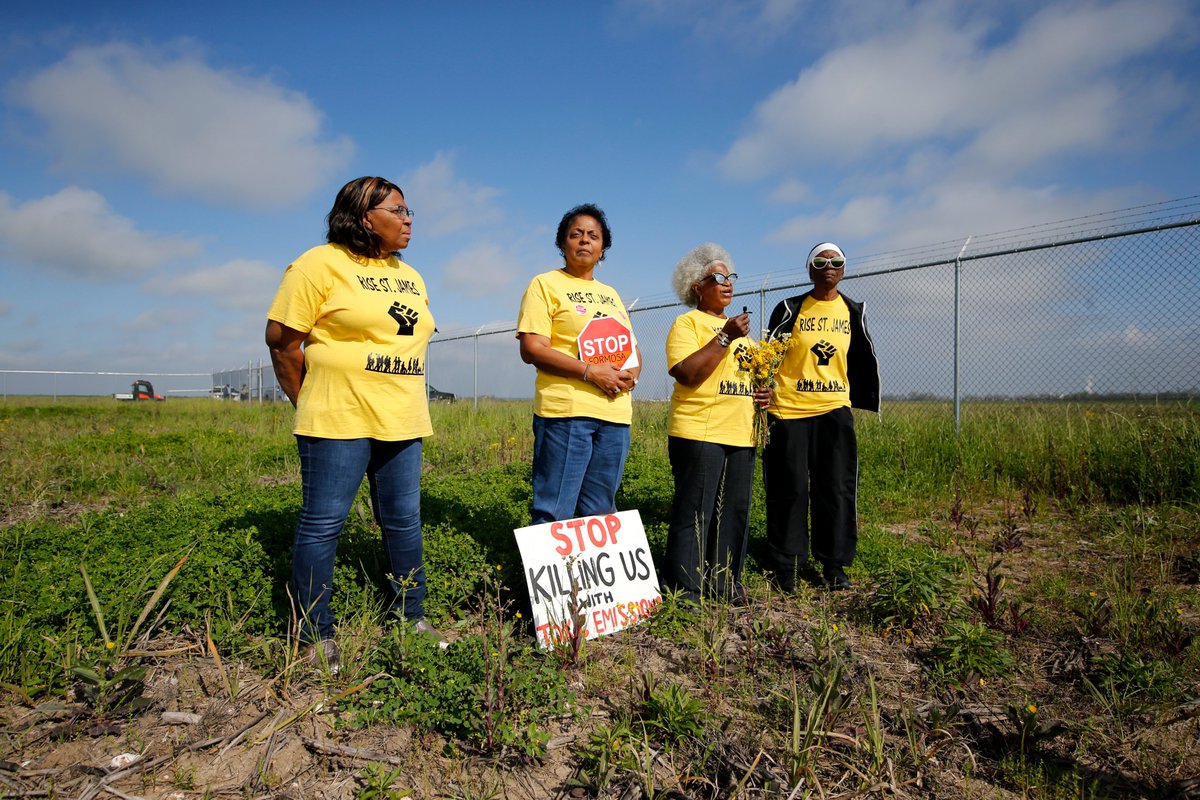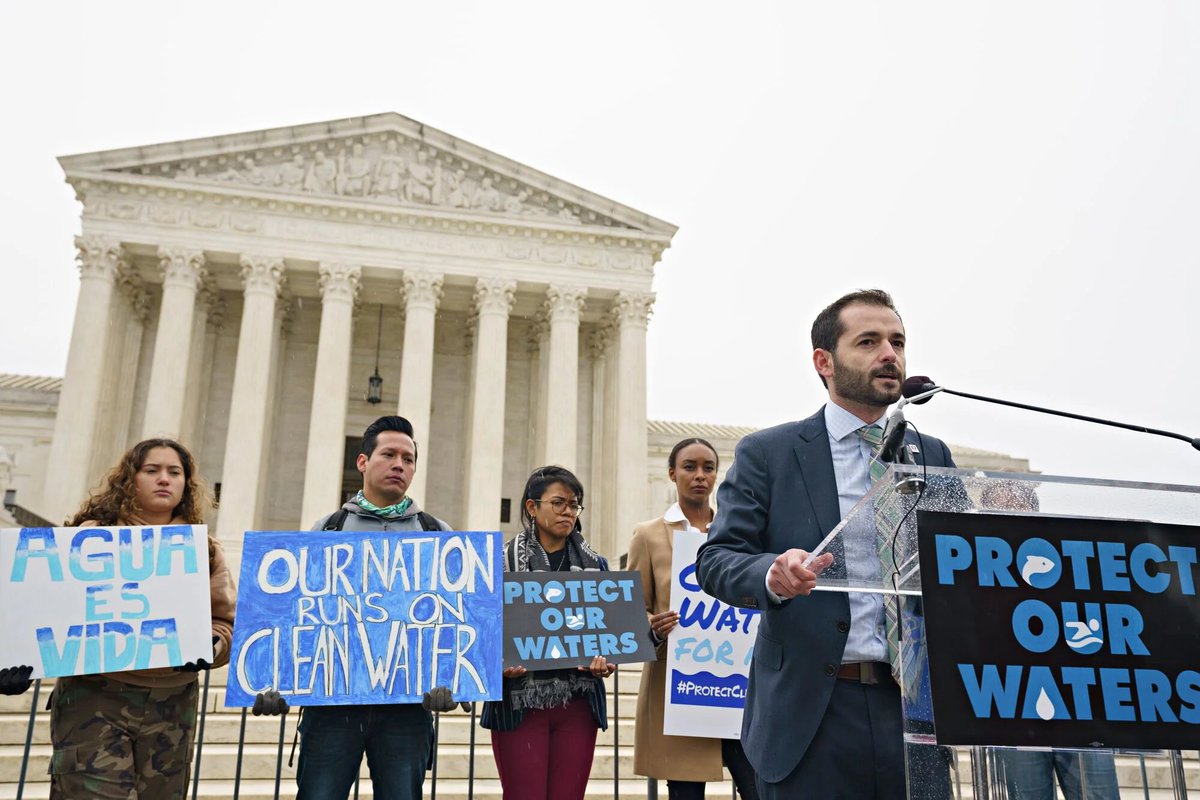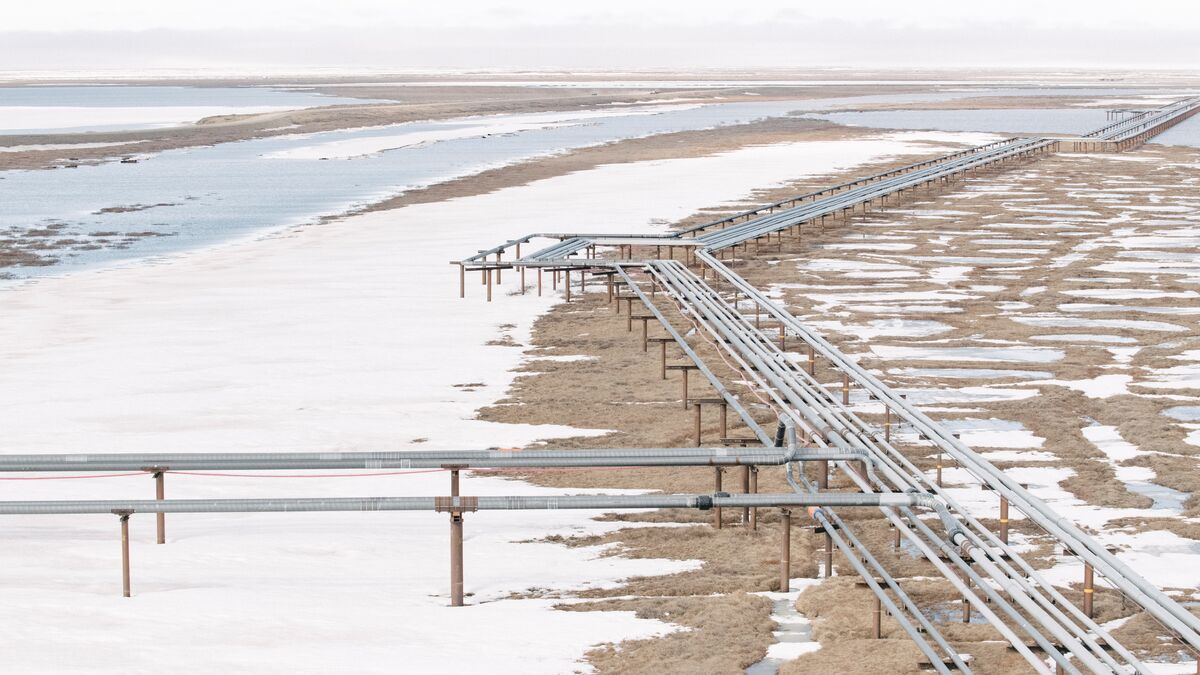BREAKING: @EPA has taken major steps to protect fenceline communities by proposing long-overdue updates to two rules to reduce cancer-causing air pollution from petrochemical facilities.
This is a win for every community known as “cancer alley” due to these pollutants. 🧵
This is a win for every community known as “cancer alley” due to these pollutants. 🧵

For the first time ever, @EPA considered the cumulative impact that multiple air polluters have on fenceline communities when updating rules 👏 #ProtectOurAir #PetrochemRule ejus.tc/433WCJ8
EPA’s proposed petrochemical rules stem from two consent decrees we fought alongside @SierraClub, @EnviroIntegrity, and more environmental advocates ✊nytimes.com/2023/04/06/cli…
Petrochemicals are a lifeline for the fossil fuel industry. EPA must enact stronger air rules and stop the expansion of these facilities that emit cancer-causing pollution. 🛢️ 🙅ejus.tc/40Jn4G4
Fenceline monitoring is critical to ensuring polluters are accountable for the dangerous air toxins they emit near communities.
Every EPA air rule should require it: ejus.tc/3ZuSX47
Every EPA air rule should require it: ejus.tc/3ZuSX47

EPA’s new proposed air rules are just one step toward protecting fenceline communities like St. James Parish, also known as Cancer Alley in Louisiana. ejus.tc/3Kn4M8l
The fight to protect fenceline communities doesn’t stop at EPA’s new proposed air rules. We must demand the agency finalize the strongest protections possible for communities! Thank you to activists like @risestjames for standing up & demanding change. ejus.tc/3zAbsJU
• • •
Missing some Tweet in this thread? You can try to
force a refresh
















